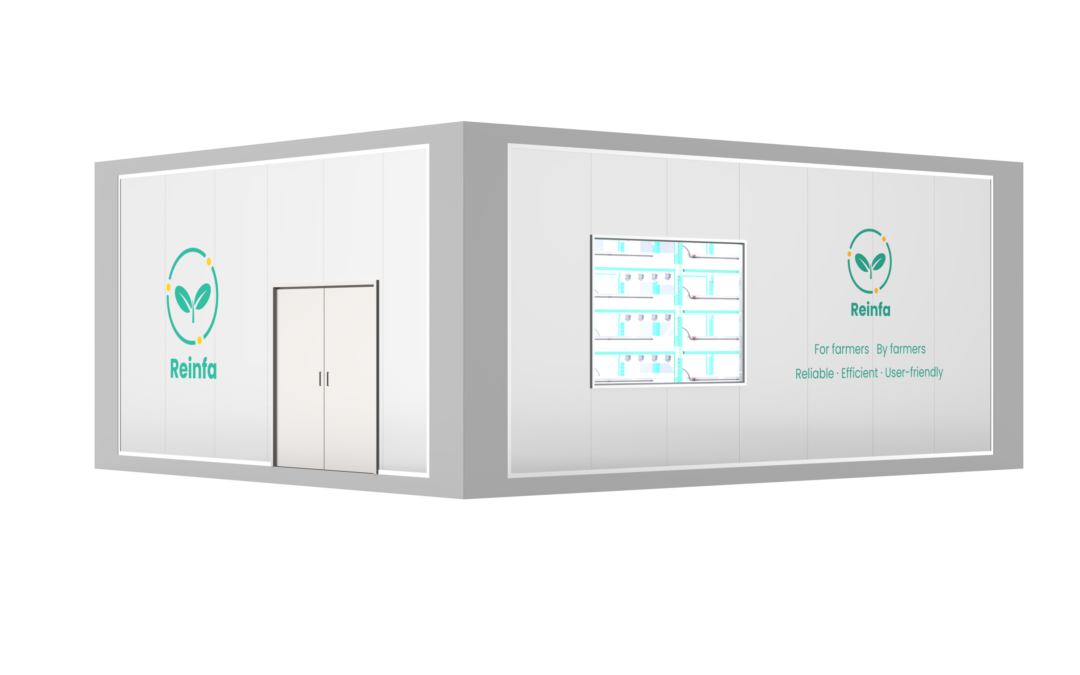Starting a vertical farm can be an exciting and rewarding venture, but it also requires careful planning and research. Here are five suggestions to consider when starting a vertical farm.
-
Know Your Market and Sales
Identify your target market and sales potentiality and make it a few phases to achieve. Research local demand for the crops that you are going to supply and consider the competition in the area. Determine whether you will sell directly to consumers or through wholesale channels, and create a marketing strategy to reach your intended audience by understanding their preferences and needs. And in this process, think about the advantages you have for running this business and make your features stand out in your market.
-
Figure out the Initial Budget
According to the first phase of market scale and sales potentiality, develop a realistic budget that includes startup costs, ongoing expenses, and expected revenue. Take into account the cost of land or rent, vertical farming equipment, seeds and nutrients, labor, marketing, and other operational costs. Consider seeking funding options, such as loans, grants, or investors.
-
Make Your Business plan
Once you are clear with the market and costs in mind, it’s time to create a detailed business plan that outlines your goals, marketing strategy, financial projections, and operational procedures. Your plan should also include contingency plans for potential challenges and risks. On one hand, it can be used for seeking funding if necessary, on the other hand, it helps you map the following company management.
-
Invest in the Right Farm Facilities
Overview: Select a location that has adequate space for your vertical farming system and facilities. Ensure that the location has access to necessary utilities, including water, electricity, and ventilation. Set up your farm facilities in a way that maximizes efficiency and productivity while providing a safe and comfortable working environment.
Detailed: Choose the vertical farming equipment according to the crop you grow, you need to consider what is the highest efficiency technology for growing your plants and does that cost meet your budget, find out the balance between efficiency and cost, it’s important to work with a reliable equipment supplier who can provide really good solutions to you, Reinfa is an experienced team of vertical farming solution provider and we take high responsibility to every customer’s trust.
-
Develop Your Farm Operation Plan
Develop a plan for day-to-day farm operations, including crop cultivation, nutrient management, pest control, and harvesting. The management of an indoor farm is different from that of a traditional outdoor farm. It’s essential for growers to know about CEA knowledge, not only about fertilizer solutions and irrigation strategy, to keep the energy balance including light, water, temperature, humidity, airflow, etc., growers have to keep every parameter and metric in mind. Establish standard operating procedures and a record-keeping system to track production, expenses, and revenue. Regularly monitor and maintain your vertical farming system to ensure optimal growing conditions and crop health.
Starting a vertical farm can be a challenging journey, but with careful planning and execution, it can be a rewarding and profitable venture. Are you ready to be a vertical farmer?
Click here to know more about Reinfa.

